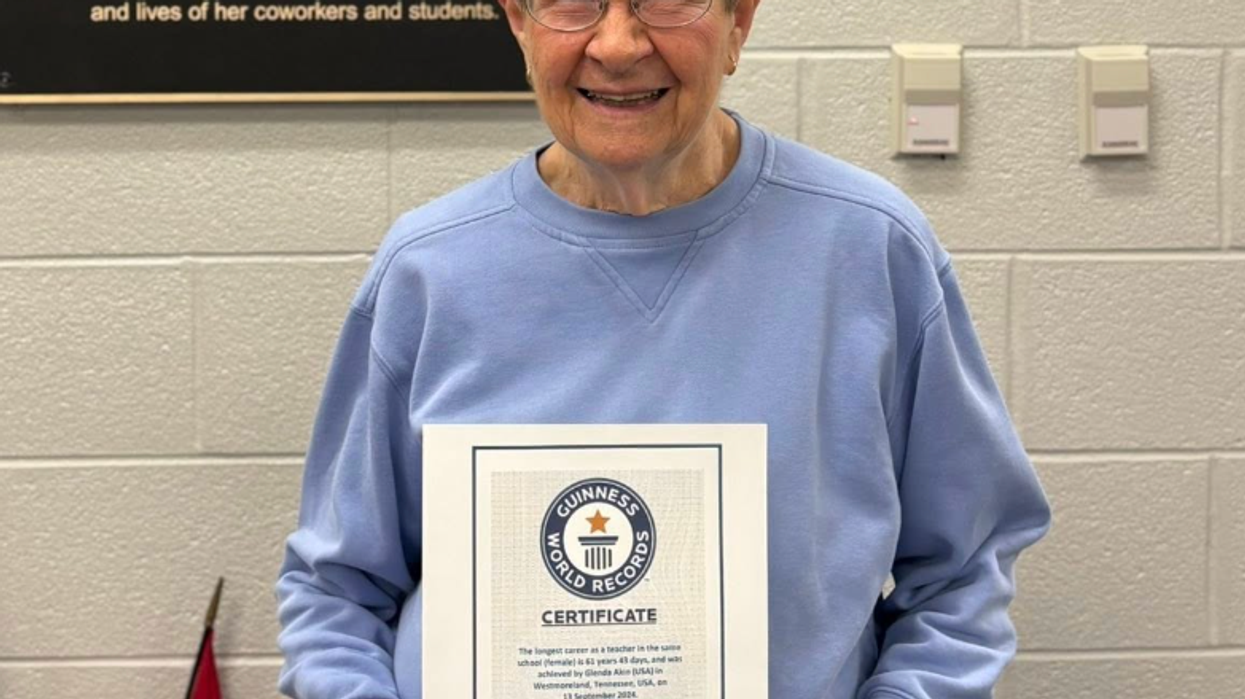For many, skateboarding still conjures up a certain image.
It might be of Californian dudes named Brad and Jay tearing up sun-baked swimming pools in the 1970s — their tanned torsos and blonde hair contrasting perfectly with blue skies and billowing palm trees — or perhaps, since the rise of street-based skateboarding in the 1990s, it could be a roving band of risk-takers, usurping public squares, stairs, and handrails to create a punk alternative to “normal” city life.
While both these versions of the sport still thrive, skateboarding is no longer the preserve of urban rebels.
There are around 50 million riders, thousands of skate parks worldwide, and skating has been officially recognized as an Olympic sport. From the testosterone-fuelled features of Thrasher magazine, to the life styling of Vogue; from the skater girls and boys of Kabul, to the Native American reservations of South Dakota; from the skate parks of Brazil, to the streets of Shenzhen — skateboarding is everywhere, and it’s for everyone.
Amid this burgeoning and diverse world, Pushing Boarders — the first-ever international conference on skateboarding — was held in London in early June. Organized by skateboarding cooperative Reverb, SkatePal, and Long Live Southbank, and hosted at the Bartlett School of Architecture and the House of Vans, the event brought together riders, activists, writers, city authorities, academics, charity workers, and creatives to discuss the issues facing skateboarding and its engagement with the wider world.
Perhaps the most pressing question raised at Pushing Boarders is who skaters actually are. There’s a growing need to recognize the many riders who differ from “normal” white, straight masculinity. Author and educator Kyle Beachy showed that skateboarding is not without a “hideous strain” or racism, sexism, and homophobia, and compellingly demanded that such attitudes be called out whenever they occur.
Breaking down barriers
Nonetheless, in its general outlook skateboarding remains open and inclusive. At the conference, writers such as Anthony Pappalardo and Marie Dabbadie, and female riders including Elissa Steamer, Jaime Reyes, Alexis Sablone, Danni Gallagher, and Lucy Adams all argued passionately to give women and queer riders a much greater presence in the sport. Women-only sessions and diversity-focused magazines, such as Skateism, are just some of the ways that skaters and activists are trying to make the sport more inclusive for all genders.
Similar issues are also evident around ethnicity. In their session, academic Neftalie Williams and author Karl Watson explored how people of color have made extraordinary contributions to skateboarding, culture, and industry. “Skateboarding community embraces all ways of life, whether you are black or white, old or young … it embraces all people,” declared Watson. These discussions showed how skateboarding’s qualities of friendship, sharing, and independence all help to break down barriers and overcome differences.
But there are also more structured ways that skateboarding is being used to help others. Social enterprises such as Skateistan, Girls Skate India, Make Life Skate Life, Skate-Aid, Skate Nottingham, The Far Academy, and Free Movement Skateboarding fund skate lessons, design education, new skate parks, and more, as a way of reaching out to disempowered youth and other disadvantaged members of society.
Charlie Davis, founder of SkatePal — a nonprofit organization working to support young Palestinians through skateboarding — explained: “A skate park is not just for skaters. It’s a community space, a safe space, which is even better.”
Strength in diversity
Skateboarding is increasingly becoming a part of urban life, so the session on how to build a “skate friendly city” explored how enlightened places such as Malmö, Nottingham, and Hull are positively welcoming skateboarding. In London, campaign group Long Live Southbank have successfully kept the skate park in the iconic “Undercroft” spot, and are now seeking to extend this space even further. It was particularly inspiring to hear from Malmö’s official skateboarding coordinator Gustav Eden, about how the Swedish city became a “skateboarding octopus” with legs of skate parks, skateable sculptures, DIY construction, and even the skateboard-centered Bryggeriet high school.
Pushing Boarders extended skateboarding’s landscape into the creative world of photography, writing, and academic research. Images by Fred Mortagne, Arto Saari, Samuel McGuire, and others captured skateboarding culture in locations as far-flung as Peru and Palestine. Work by authors and academics including Paul O’Connor, Åsa Bäckström, Gregory Snyder, Sander Hölsgens, Dwayne Dixon, Tara Jepsen, Becky Beal, Thom Callan-Riley, Ocean Howell, and myself delved into topics such as videography, public space, skate competitions, education, age, regionalism, and professionalism. This diversity and depth of experience showed how skateboarding operates in close relation to other exploratory and artistic practices, encouraging experimentation, innovation, and even entrepreneurialism.
![]() Above all, Pushing Boarders delivered a powerful message about skateboarding and its role in society as a whole: Skateboarding is at its best when it openly questions, explores, and welcomes — rather than when it is narrowly comfortable, judgemental, or exclusionary.
Above all, Pushing Boarders delivered a powerful message about skateboarding and its role in society as a whole: Skateboarding is at its best when it openly questions, explores, and welcomes — rather than when it is narrowly comfortable, judgemental, or exclusionary.
As the French-born, Malmö-based, transgender, and non-binary identifying Marie Dabbabie asserted, “cool dude masculinity no longer defines skateboarding.” Freed from the confines of California, having cast aside narrow stereotypes as to who a rider should be, skateboarding’s newfound diversity is its greatest strength.
This article was originally published on The Conversation. Read the original article.
















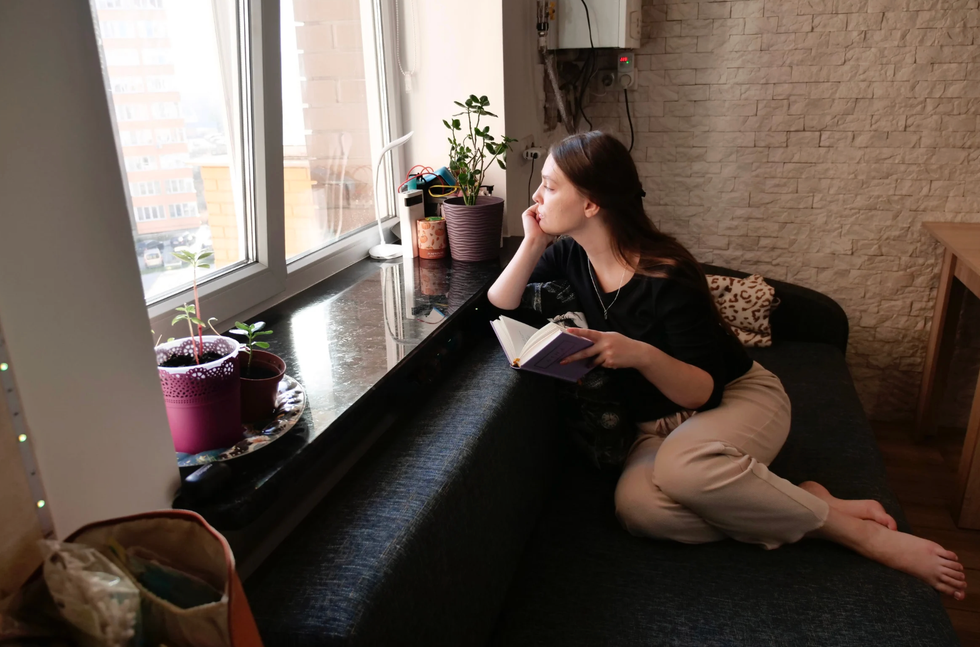 A woman relaxes with a book at homeCanva
A woman relaxes with a book at homeCanva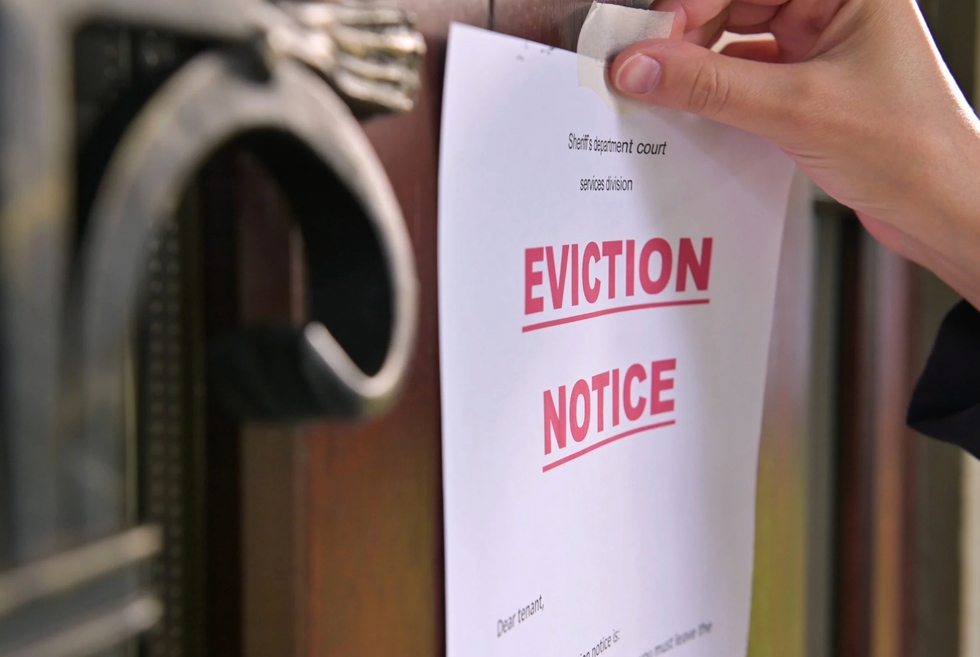 An eviction notice is being attached to a doorCanva
An eviction notice is being attached to a doorCanva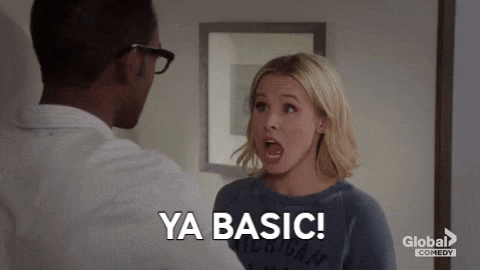 Gif of Kristen Bell saying 'Ya basic!' via
Gif of Kristen Bell saying 'Ya basic!' via 
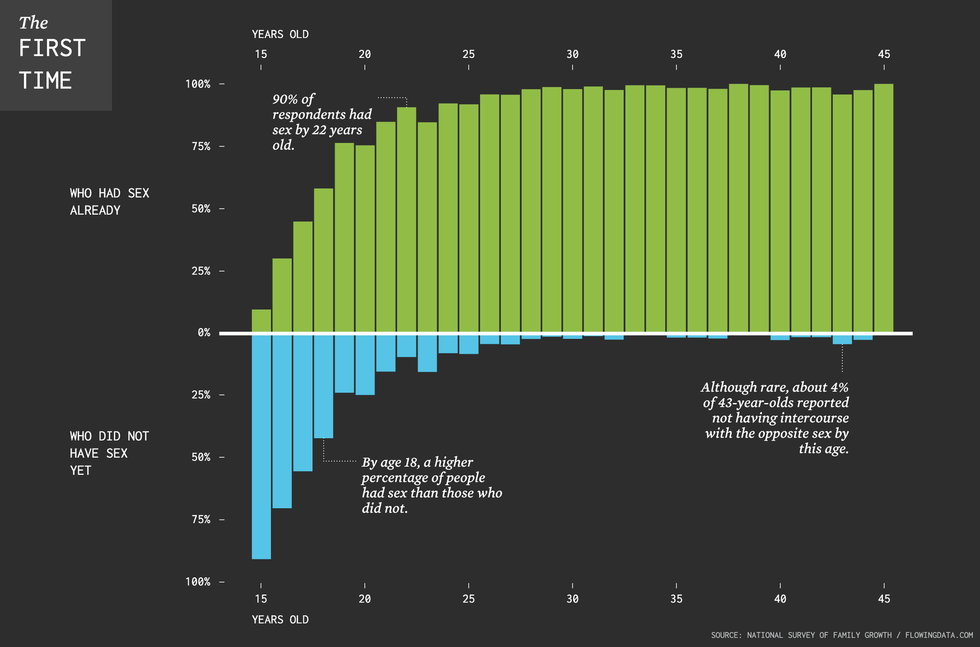 The chart illustrates that between ages 16 and 20, roughly half the population loses their virginity. By age 22, 90% of the population has had sex.
The chart illustrates that between ages 16 and 20, roughly half the population loses their virginity. By age 22, 90% of the population has had sex. A group of young people hold their phonesCanva
A group of young people hold their phonesCanva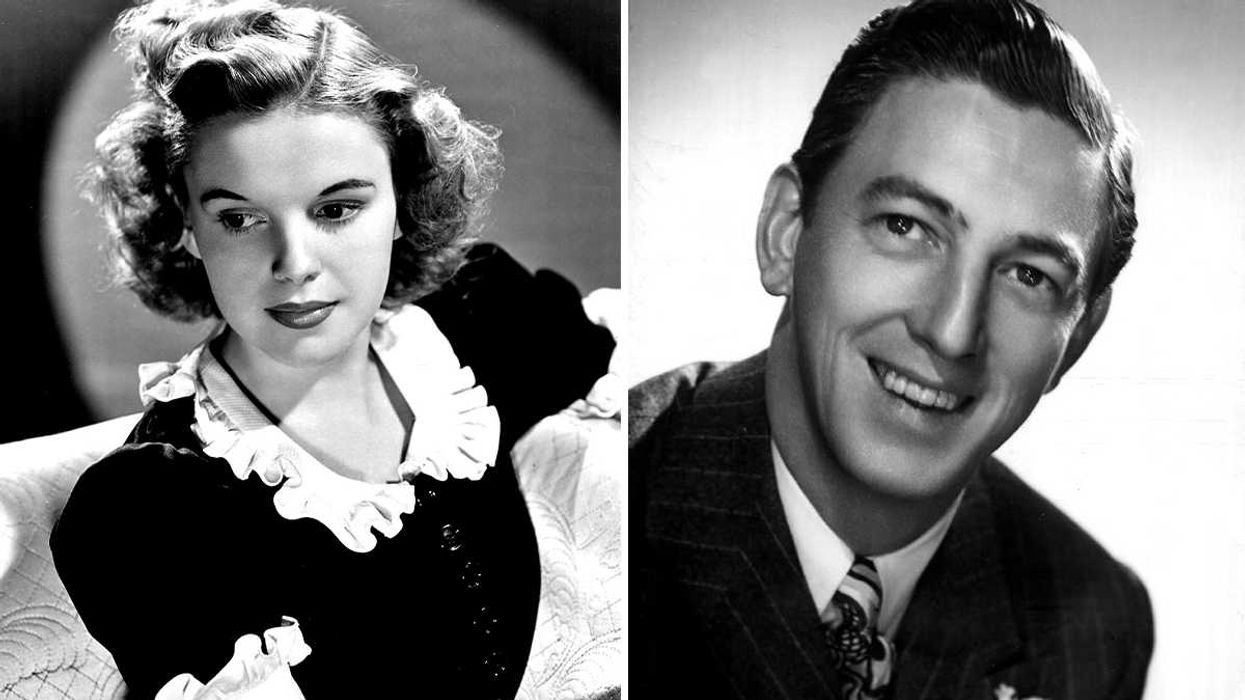
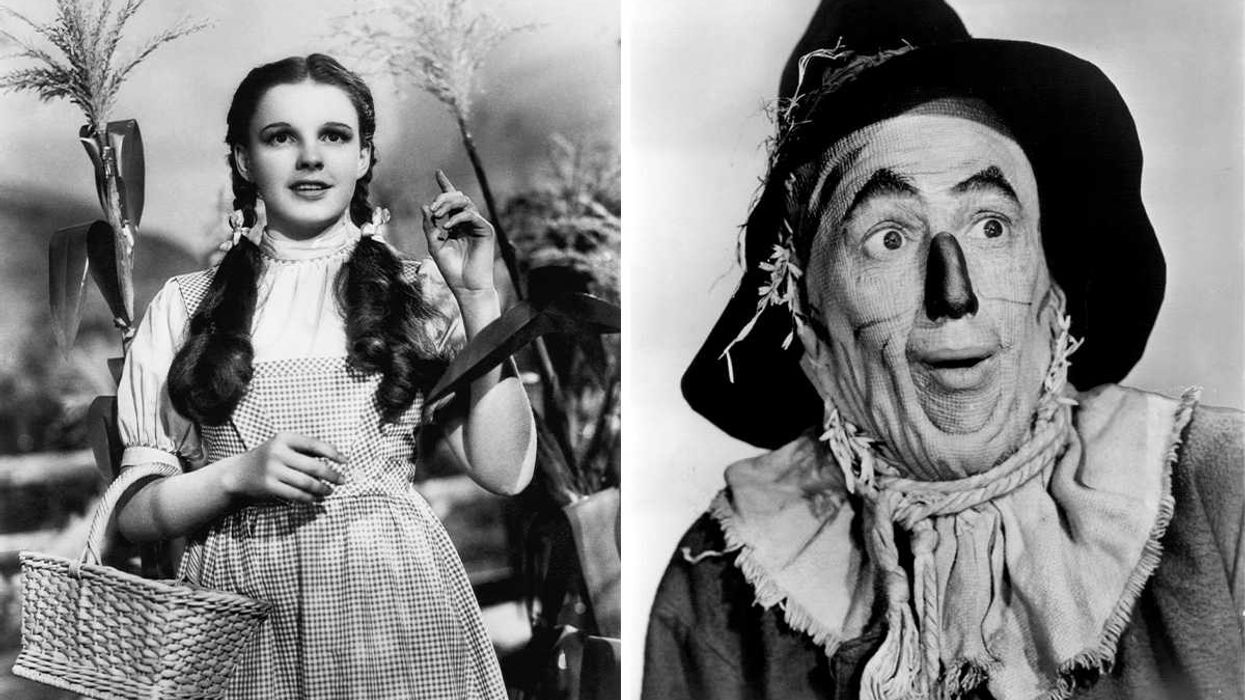 (LEFT) Judy Garland as Dorothy Gale and (RIGHT) Ray Bolger as Scarecrow from "The Wizard of OZ"CBS/
(LEFT) Judy Garland as Dorothy Gale and (RIGHT) Ray Bolger as Scarecrow from "The Wizard of OZ"CBS/ 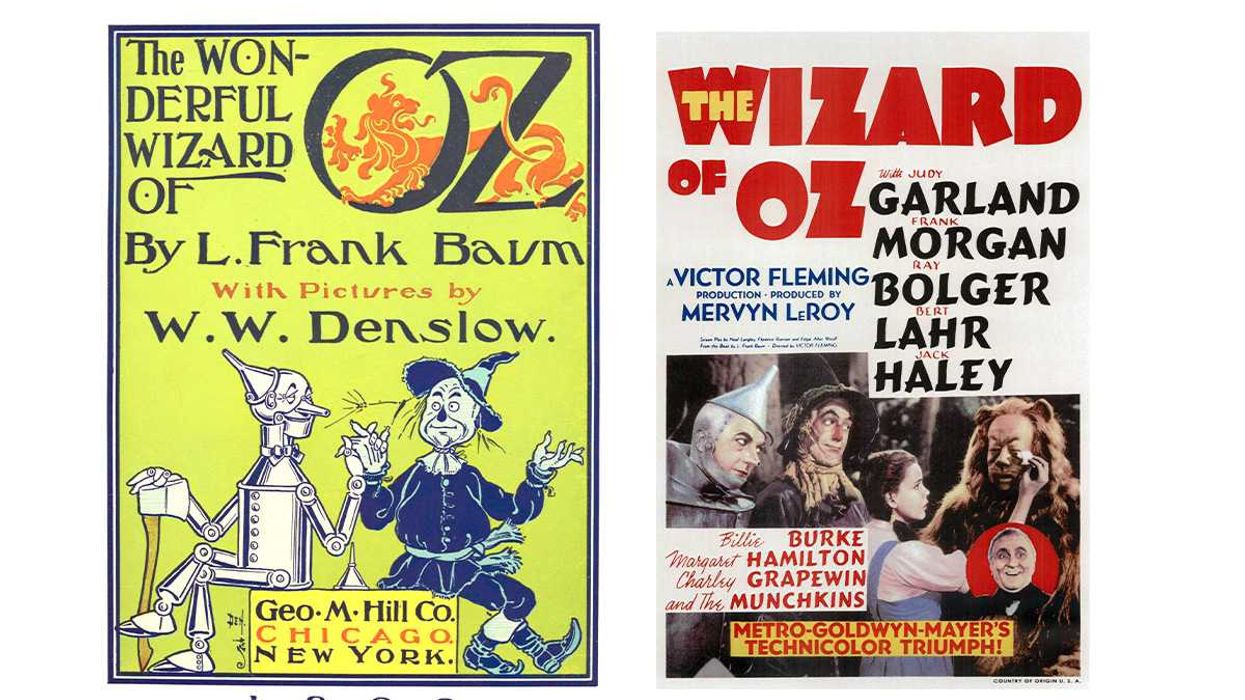 (LEFT) The Wonderful Wizard of Oz children's novel and (RIGHT) The Wizard of Oz movie poster.William Wallace Denslow/
(LEFT) The Wonderful Wizard of Oz children's novel and (RIGHT) The Wizard of Oz movie poster.William Wallace Denslow/ 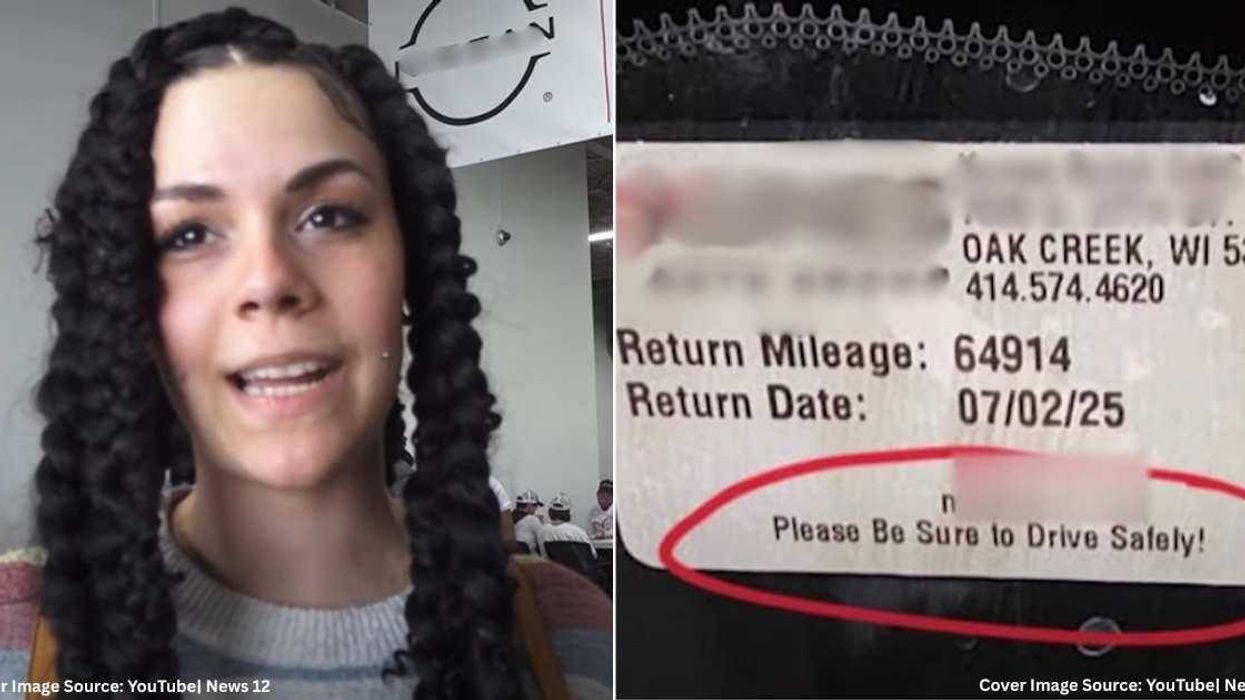
 A frustrated woman at a car dealershipCanva
A frustrated woman at a car dealershipCanva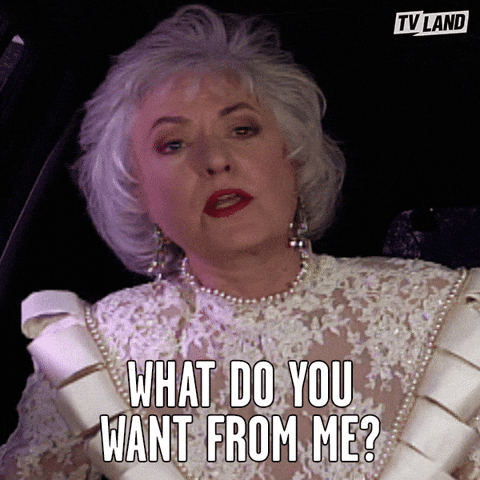 Bee Arthur gif asking "What do you want from me?" via
Bee Arthur gif asking "What do you want from me?" via 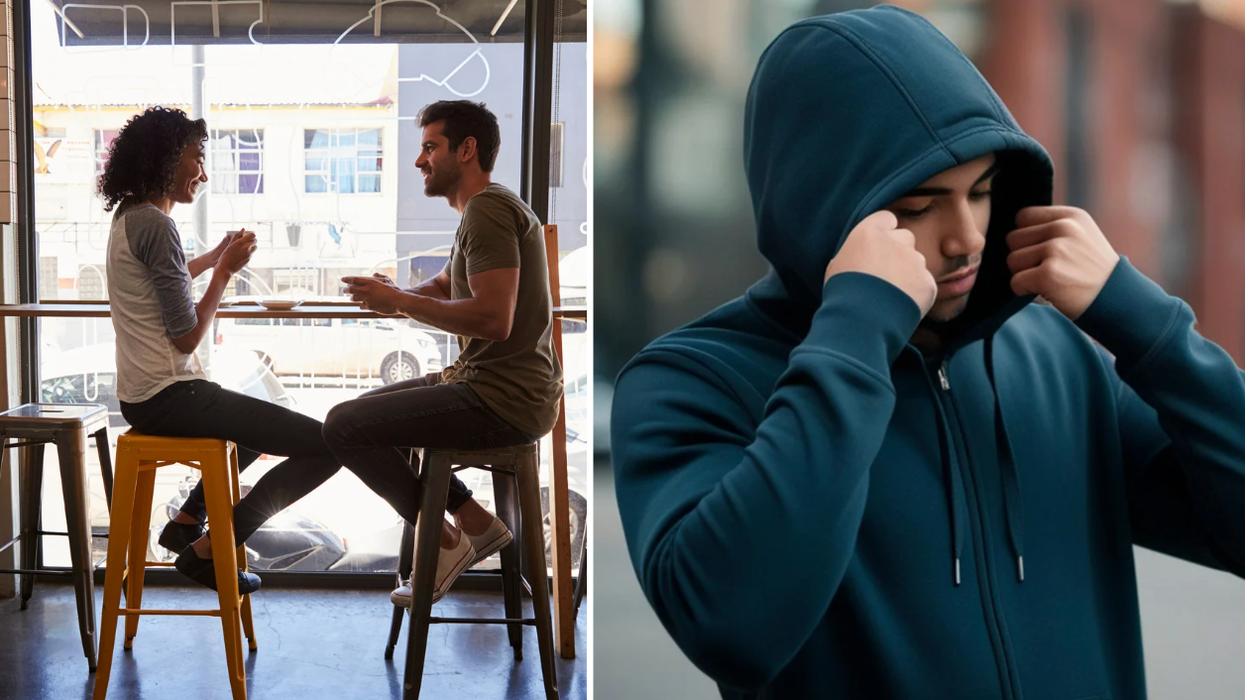
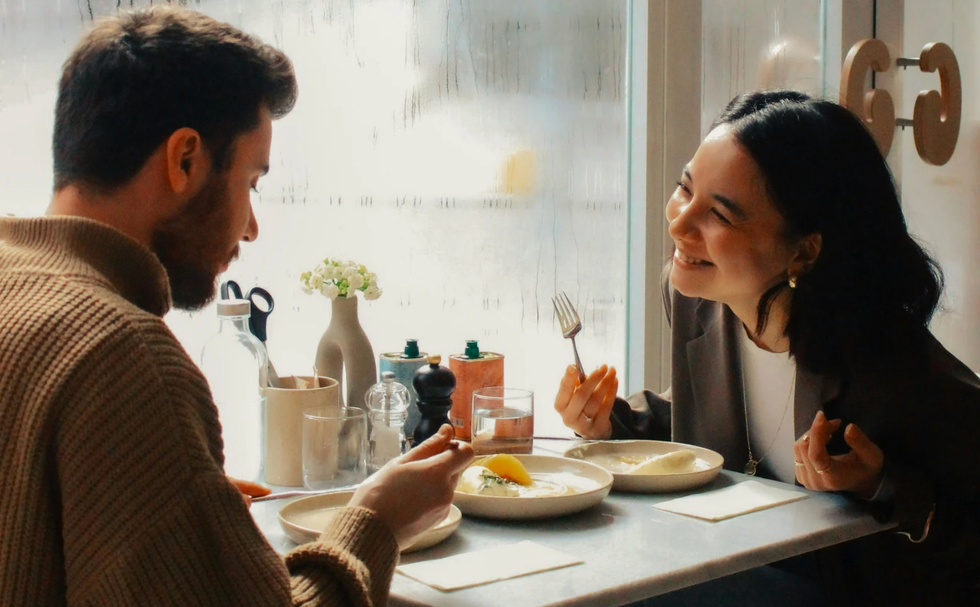 A couple on a lunch dateCanva
A couple on a lunch dateCanva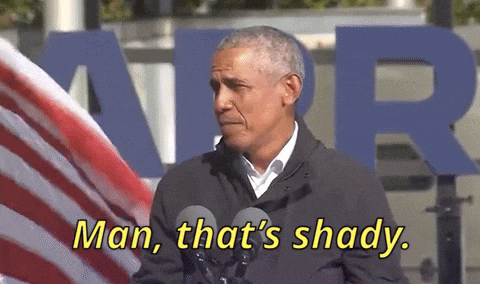 Gif of Obama saying "Man, that's shady" via
Gif of Obama saying "Man, that's shady" via 
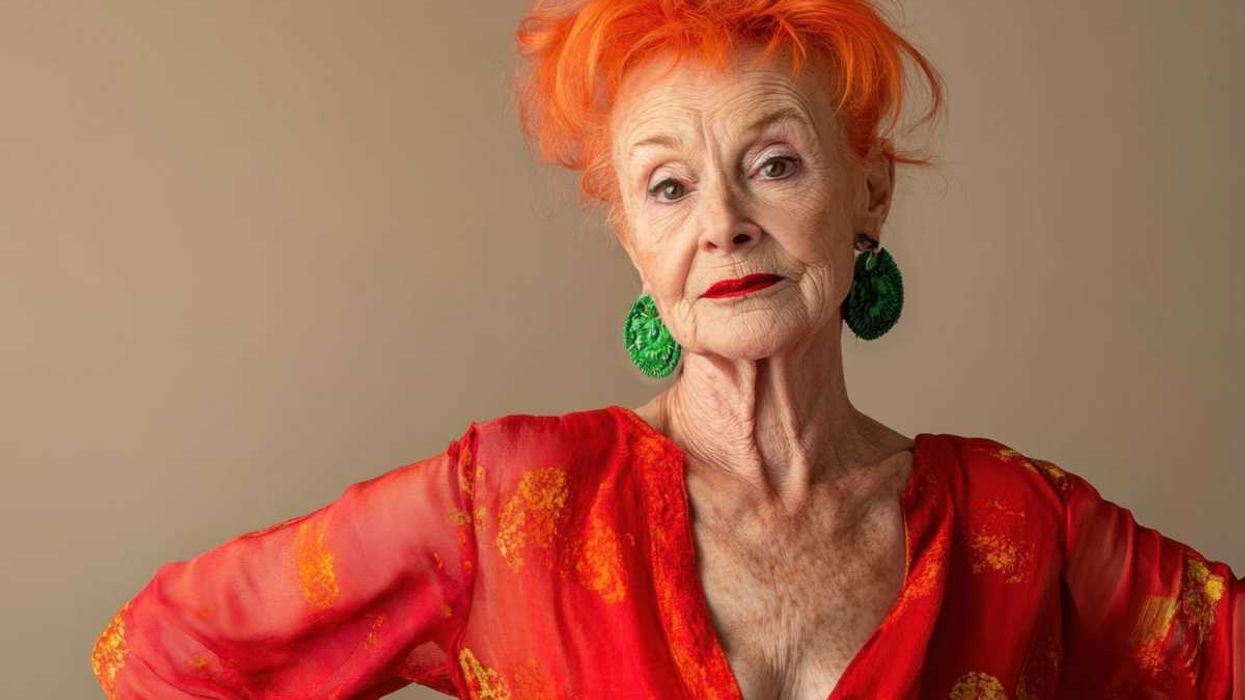 Elegance in red.Photo credit:
Elegance in red.Photo credit: 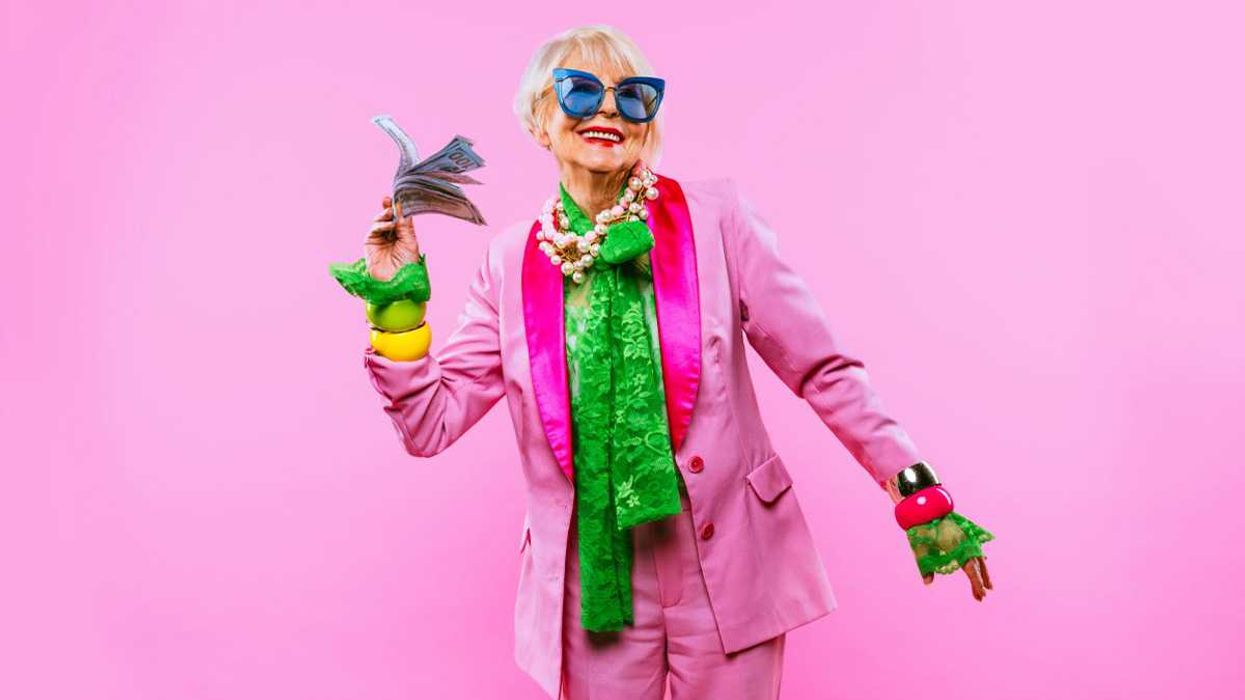 An older woman shows off some bling.Photo credit:
An older woman shows off some bling.Photo credit: 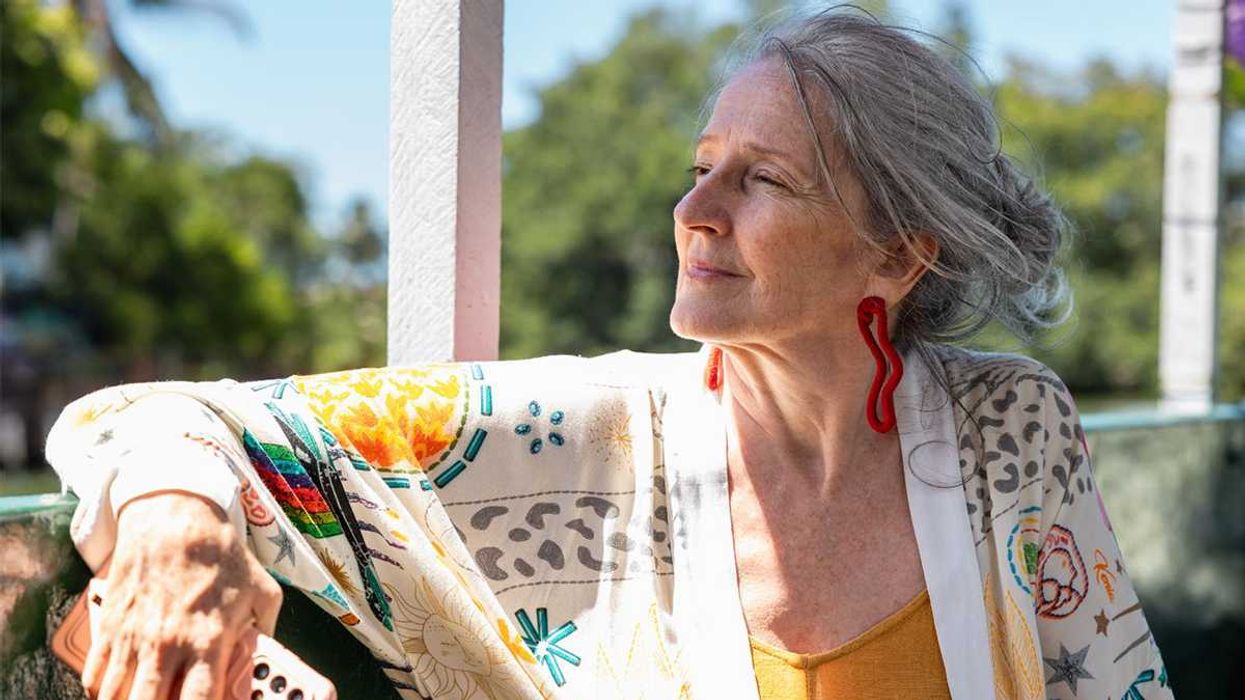 A woman enjoys a beautiful day. Photo credit:
A woman enjoys a beautiful day. Photo credit: 